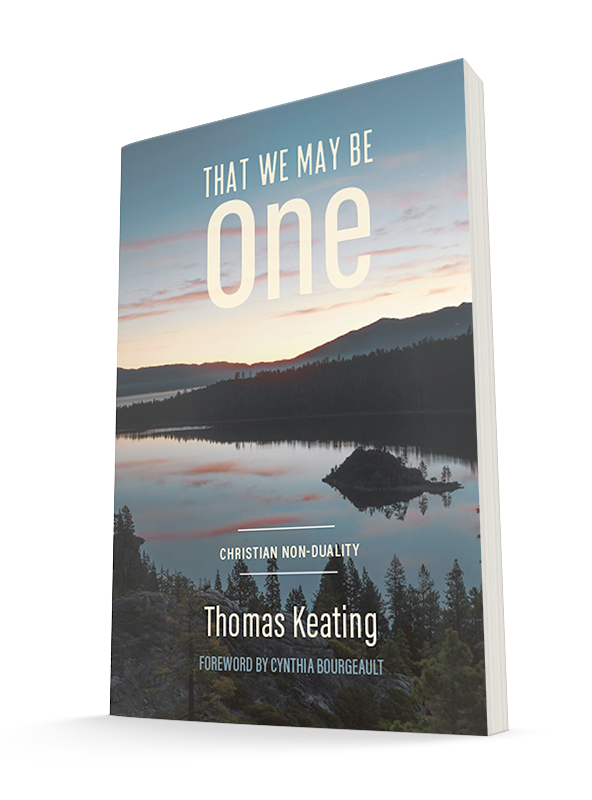The Radical Interior: Father Thomas Keating and the Wayfarer’s Path
Announcing the Final Two Volumes in a Five-Book Series from Wayfarer Books
In recent years, Wayfarer Books has released a rare and intimate collection of previously unpublished writings and conversations with Father Thomas Keating (best known for Open Heart, Open Mind), and his groundbreaking work in centering prayer. This year, we are honored to publish the final two titles in the series.
The legacy of Thomas Keating’s work was entrusted to us during an earlier chapter of Wayfarer’s life, when we were known as a leader in mind/body/spirit publishing. In those years, we published titles rooted in contemplative practice, ecological reverence, and inner transformation. It was through that deep-rooted commitment to the sacred that we were given the rare opportunity to steward these unpublished works from Keating’s archive.
Since then, Wayfarer has evolved. Today, our mission is to amplify voices from the margins—to publish work that is raw, courageous, and grounded in the lived complexity of becoming. We’ve moved away from traditional spiritual publishing and yet we remain steadfast in our dedication to the journey. Thomas Keating still belongs because, above all else, he was a wayfarer of his time.
He walked not the outer world but the wild interior. He was a boundary-crosser, an interfaith pioneer, and a spiritual rebel who believed silence could dissolve the illusion of separateness. Keating’s life was a quiet act of defiance against the spiritual gatekeeping of his era. As a Trappist monk, he could have kept the wisdom of contemplation locked within monastic walls. Instead, he gave it away. He brought Centering Prayer to laypeople and taught that the direct experience of the divine was not a privilege of the ordained but a birthright of every soul. At a time when the church was still clinging tightly to doctrine and hierarchy, Keating opened the door to interior freedom.
He was also among the first within Catholicism to enter into deep, sustained dialogue with leaders of other faiths—Buddhist, Jewish, Muslim, Hindu—insisting that truth could be encountered across traditions. He drew from psychology as fluently as he did from scripture, weaving a language of healing that defied the binaries between sacred and secular. In a culture obsessed with certainty and control, he taught surrender. In an institution built on authority, he modeled humility. His rebellion wasn’t against the church, it was against anything that stood between a person and the mystery at the center of their being.
These five books are living conversations meant to accompany the reader in the difficult, beautiful terrain of being human. We publish them not as a return to our past, but as a continuation of our deepest values: inquiry, presence, and transformation.
These works are for anyone searching for grounding in an unstable world; for the spiritual but not religious; for the interfaith seeker; for the disillusioned mystic; for the recovering perfectionist; for the therapist working with inner wounds, or for the activist longing to root their work in something deeper than burnout. They are for those deconstructing faith, those rebuilding it, and those simply learning to sit with themselves in silence. Keating speaks to the tender, hidden places we’re often taught to bypass and invites us to bring them forward as sacred.









